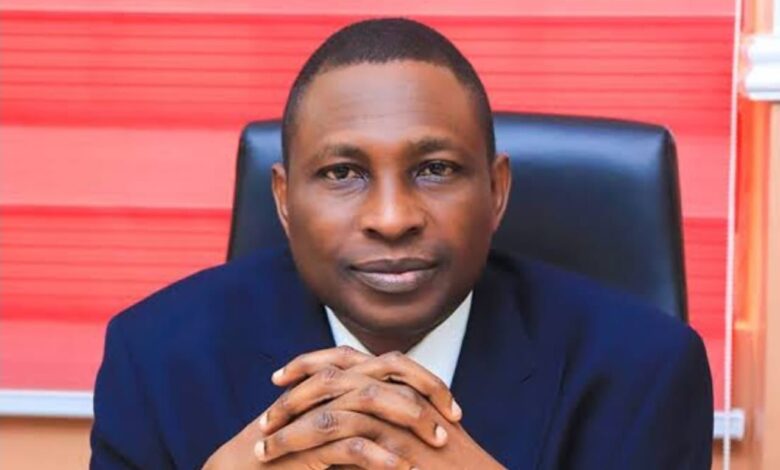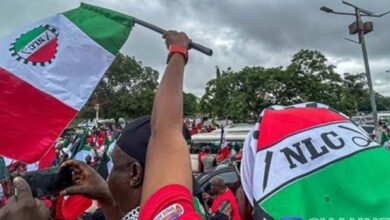
By Ologeh Joseph Chibu
..one account traded over $15 billion in the past year alone.
The Economic and Financial Crimes Commission (EFCC) has made yet another appalling discovery in the series of corruption cases linked to influential Nigerians.
The anti-corruption group sais a single account has been linked to transfers of illicit funds worth $15b.
The EFCC is now set to prosecute 300 individuals involved in forex racketeering, operating through a peer-to-peer platform that circumvents financial regulations.
The Chairman of the EFCC, Ola Olukoyede, revealed this during an interactive session with editors and bureau chiefs in Abuja.
He confirming that a court order issued on Monday facilitated the freezing of the scam accounts.
Olukoyede disclosed that one of the identified accounts had traded over $15 billion in the past year alone. This move comes on the heels of recent actions taken by the Federal Government, including the blocking of online platforms belonging to Binance and other crypto firms. The government’s concern was to prevent the manipulation of the forex market and curb illicit financial activities.
Olukoyede expressed, “We observe due process in whatever we do. Do you know that the Binance case we are currently handling now has helped us to bring down the madness in the forex market?
‘’Suddenly, we discovered that there are people in the system who are even doing worse than Binance. They called them P2P and all of that. We noticed in the last two days ago that dollars have started appreciating. There was stability for 24 hours, then the naira was devalued again by N20 and N25. I don’t know whether you noticed that.
“It was due to the activities of some of these guys on P2P platforms like coolcoin. Some of you must have seen them on social media. To shock you; just yesterday (Monday), I asked them to freeze over 300 accounts. We found that one of those guys (account owners), had traded over $15bn last year.’’
In addition to blocking online platforms, the government detained two senior executives of Binance, a major cryptocurrency exchange, as part of efforts to regulate speculative activities impacting the Nigerian naira. The crackdown extended to physical locations, with EFCC operatives arresting Bureau De Change operators in Abuja’s Wuse Zone 4.
Despite these measures, crypto traders have adapted by using alternative platforms like Bybit, Bitget, Kucoin, and Coincola, as well as messaging apps such as Telegram, equipped with in-app wallets for transactions.
Olukoyede emphasized that the freezing of forex accounts was crucial to safeguarding the foreign exchange market and stabilizing the economy. He highlighted the positive impact of these efforts on the value of the naira and the forex market, underscoring the importance of public support for the EFCC’s mission.
Addressing concerns about due process, Olukoyede assured that the EFCC operates within legal bounds. He pointed out that the recent actions against forex racketeers had contributed to market stability, countering destabilizing activities akin to those observed with Binance.
The EFCC Chairman stressed the seriousness of their task, noting the agency’s dedication with long working hours to combat financial crimes. He emphasized the need for collaboration to prevent further economic instability, underscoring the critical role of seizing illicit accounts in averting potential currency crashes.





